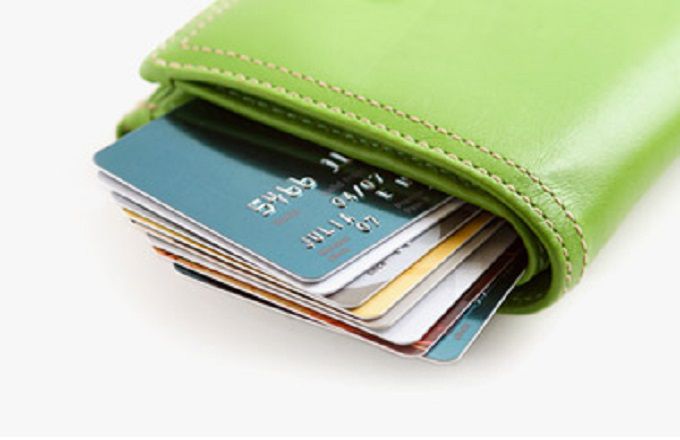Applying for a credit card without a Social Security number can be an issue. Many credit card companies require a Social Security number to ensure your identity. In general, only U.S. citizens, permanent residents, and non-immigrant employees approved to do so by the Department of Homeland Security can be granted this nine-digit code.
Get an ITIN to Apply for a Credit Card
Banks are required to do identification checks on customers before issuing credit cards. In the United States, this is often accomplished using a Social Security number. On the other hand, some issuers provide credit without needing a Social Security number. American Express has access to credit reports from several countries because of its agreement with Nova Credit. These countries include the United Kingdom, Canada, India, and Mexico. Alternately, ITIN may be substituted for a Social Security number at certain financial institutions. It uses the same pattern of nine numerals (XXX-XX-XXX) that the IRS issues for tax returns.
To get one, you'll have to fill out IRS Form W-7. This will require proof of identity and evidence of your foreign status, like a passport, an ID card issued by the national government of your country of origin, or a Visa issued by the U.S. State Department. You can complete the W-7 by one of the following methods:
- Sending the W-7 and the supporting documents by mail
- When you visit the IRS Taxpayer Assistance Center
- Utilizing an IRS-approved Acceptance Agent, or Certifying Acceptance Agent
Find The Right Issuer For Your Card
Most card issuers do not accept alternative forms of identification, like passports or ITIN However, some accept them. Some of the most prominent issuers that offer more flexibility with their demands are:
- American Express
- Bank of America
- Capital One
- Citi
The requirement to have a valid ID isn't the only obstacle. Many card issuers will require you to establish a strong credit history which is a problem for those who are new U.S. residents. This is because credit card companies depend on the reports of the three top credit reporting agencies: Experian, Equifax, and TransUnion. Unfortunately, these bureaus don't have a way to monitor credit histories abroad.

In the end, you might be denied credit cards specifically designed for people with no or very little credit background. This is one reason that Capital One is popular among non-permanent residents. Using an ITIN to apply for a platinum credit card is possible. This card has no annual fee and no foreign transaction charges.
If you're visiting the U.S. to study, there are a variety of student-specific cards designed for those new to credit. However, there's a caveat that cards like these are likely to have higher interest rates since having a short track record as a borrower renders you a more risky option. So, weighing the advantages against the drawbacks is important before taking out a card.
Making a Credit History
Before applying for a loan in the United States, there are many ways to find a co-signer or build a credit history. Suppose you have another person sign your application. In that case, the bank will assume a lower level of risk about the possibility that you would overextend yourself financially and subsequently fail to make your payments. Since the co-signer is equally accountable for whatever credit card amounts you have, you will need to locate someone prepared to let you control their credit score. If you are successful in your search, you will be able to go through with the application.

You can also build your FICO score by applying for a secure credit card. The cards require a deposit to determine the credit limit amount. Secured credit cards are a great option to start generating the credit bureaus with a history of your payments to track. When you've made payment over 6 months or a year, you may be eligible for the card's unsecured option offered by the issuer. Certain banks will review your account at least every couple of months to determine whether you're eligible to upgrade.
Another method of building credit history is by becoming an authorized user who has a different account. If the account holder is making timely payments, your credit score receives an increase. However, the reverse is also the case. If you pick one who uses excessive credit or fails to make even a few payments or payments, your FICO score may suffer quickly (though it's a good thing you're not responsible for the debt). However, it's a tactic you should reserve for relatives or anyone else you trust.




